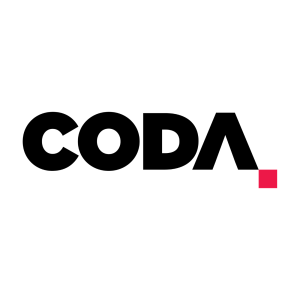
Trade-offs in Prehospital Critical Care: John Glasheen
 2016-10-20
2016-10-20
Download
Right click and do "save link as"
Every Pre Hospital and Retrieval Medicine (PHARM) mission involves a series of complex decisions, which must be rapidly made in a fluid and often pressured environment. Excellent PHARM clinicians are invariably expert decision makers, and the ability to identify, accept and manage trade offs is a key skill in prehospital and retrieval medicine. Some of these trade offs are obvious, and the best options are clear – for example aircraft and crew safety cannot be compromised regardless of the clinical situation on scene. Other choices are far more complex, and require rapid and accurate cognitive appraisal of a dynamic and often incomplete information set. Interventions performed on scene, and the order in which they are performed involves a balance of the patient’s immediate requirements against how much it will cost in time and risk. During a mission, each decision to do something leads to another layer of decisions on how and where it should be done. This often results in a trade off between principle and preference. Decisions on which team member should perform a particular procedure must balance competence, training opportunity and the concurrent performance of other tasks. Every mission is a continuous efficiency-thoroughness trade off, and each individual decision must be made to positively affect overall patient care. There is often no single ideal solution to these trade offs, and each decision must be tailored to the circumstances at a given point in time. The way in which the clinician manages these trade-offs is vital both for effective patient care the overall performance of the mission. Excellence in PHARM is a function of training and experience, with expert clinicians operating within a robust system that allows for flexibility - protocols are powerful but individual insight is indispensible.
view more
More Episodes
The Changing Face of Neurotrauma
 2024-04-22
2024-04-22
 2024-04-22
2024-04-22
Supporting the Supporters
 2024-04-19
2024-04-19
 2024-04-19
2024-04-19
Putting Humpty together again
 2024-04-18
2024-04-18
 2024-04-18
2024-04-18
Penetrating Trauma Q&A
 2024-04-15
2024-04-15
 2024-04-15
2024-04-15
Paediatric retrieval ICU
 2024-04-13
2024-04-13
 2024-04-13
2024-04-13
Cognitive impairment in Trauma
 2024-04-04
2024-04-04
 2024-04-04
2024-04-04
Coda22 Educate - Q&A
 2024-03-20
2024-03-20
 2024-03-20
2024-03-20
Whose Information is it Anyway?
 2024-03-16
2024-03-16
 2024-03-16
2024-03-16
Conversations around gender identity
 2024-03-15
2024-03-15
 2024-03-15
2024-03-15
012345678910111213141516171819
Create your
podcast in
minutes
- Full-featured podcast site
- Unlimited storage and bandwidth
- Comprehensive podcast stats
- Distribute to Apple Podcasts, Spotify, and more
- Make money with your podcast
It is Free
- Privacy Policy
- Cookie Policy
- Terms of Use
- Consent Preferences
- Copyright © 2015-2024 Podbean.com


